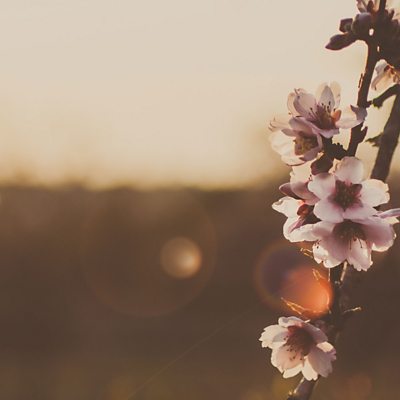Episode details

Available for over a year
This month, millions of toxic plastic beads have been released into the sea due to a failure at a wastewater processing plant in East Sussex. The beads have been washing up along the shore from Dungeness to Rye Harbour Nature Reserve. This coastline is a Site of Special Scientific Interest, home to a rich diversity of birds and marine life. Thousands of migrating birds are arriving to over-winter in the salt marshes and lakes. The pristine beach at Camber Sands has been particularly badly affected. Volunteers have joined the local community for a clean-up operation, digging through seaweed and sand on their hands and knees, using a make-shift assortment of sieves and buckets to attempt to gather up the beads. It seems like a hopeless task. We moved to Camber five years ago. In summer, it’s a flourishing holiday resort, with multi-cultural crowds attracted by its miles of beach and sparkling seas in the shelter of the dunes. In winter, it’s a place of haunting and beautiful isolation, where one can walk for hours without encountering anyone other than the occasional dog walker. On the other side of the planet, world leaders are gathering in Brazil for COP30 to negotiate over their environmental obligations. Representatives of indigenous communities have been joined by climate activists, demanding action. Those who have the power to act must be held to account, but none of us is entirely powerless. That’s why I see those people on Camber beach with their sieves and buckets as a sign of hope. There’s something both absurd and inspiring about what they are doing. Absurd because the challenge is so vast. Inspiring because they have refused to succumb to despair and defeat. Poet and priest Gerard Manley Hopkins lamented that ‘all is seared with trade; bleared, smeared with toil’, but his poem God’s Grandeur does not give the last word to the merchants of destruction. He reminds us that ‘for all this, nature is never spent; There lives the dearest freshness deep down things.’ From Belen in Brazil to Camber in East Sussex, when people act together, our small acts of loving care for the environment are more than the sum of their parts. I believe they link us in mysterious ways to the love of God for creation. As Hopkins reminds us, The Holy Ghost over the bent World broods with warm breast and with ah! Bright wings.
Programme Website